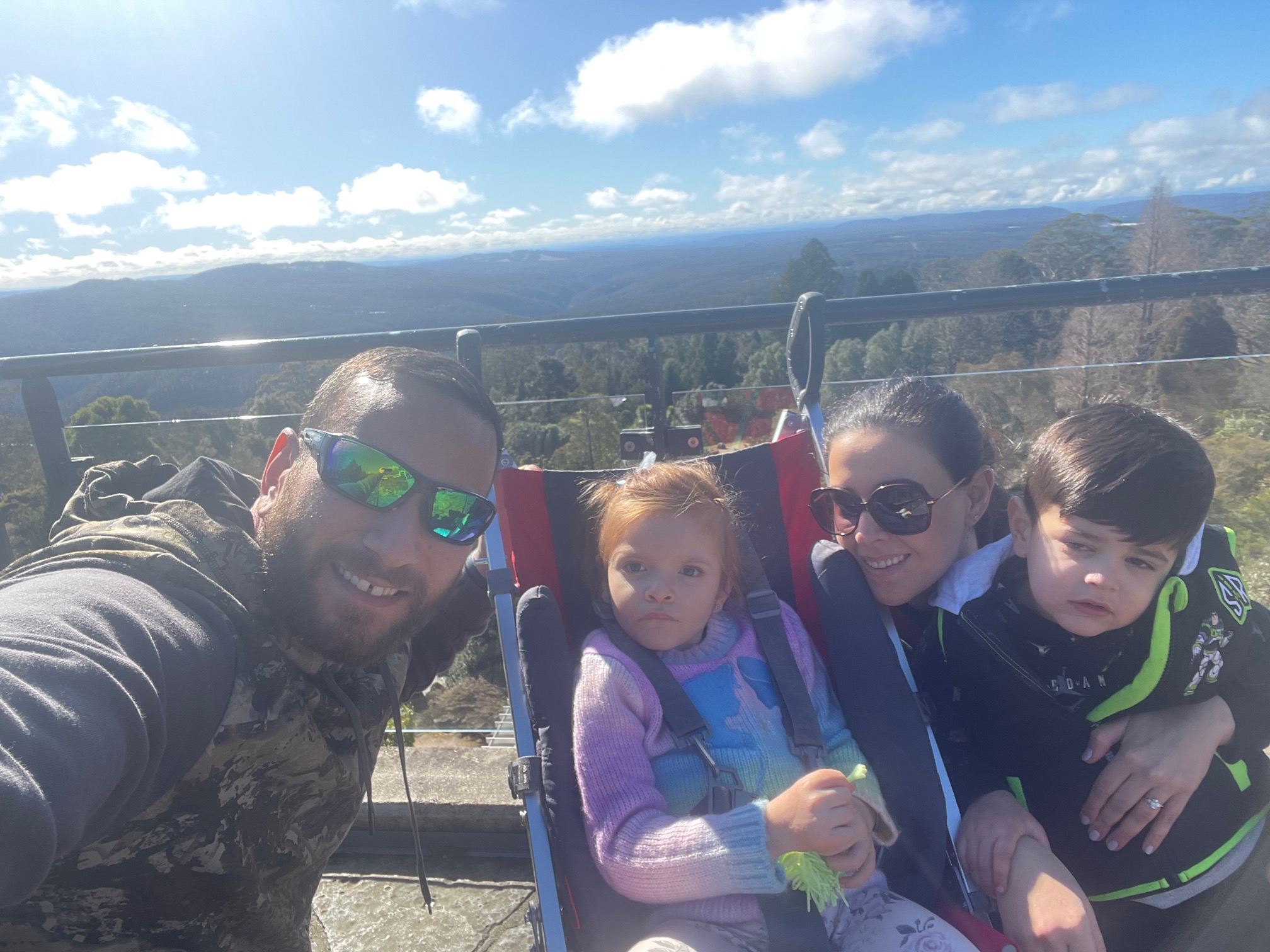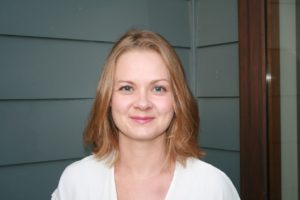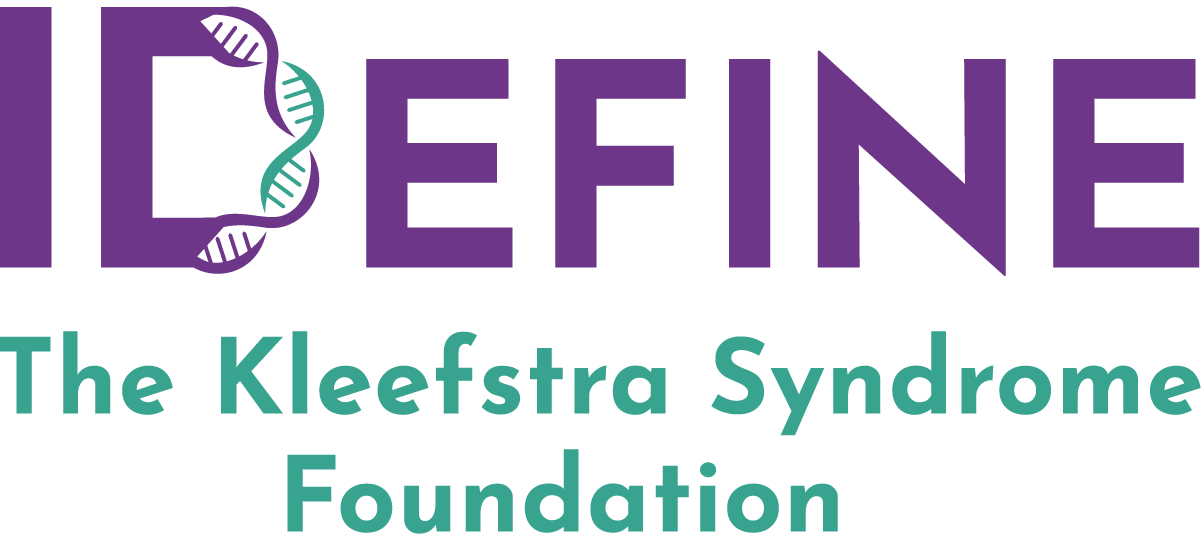Coming up big for Kleefstra Syndrome Down Under

Just over a year ago, we shared how after their daughter, Gabby, 4, was diagnosed with Kleefstra Syndrome, Vanessa and Simon Khoury of Sydney, Australia began pursuing the creation of a Kleefstra Clinic at Sydney Children’s Hospital.
That goal has been accomplished and 18 families – all but one from the eastern state of New South Wales – have now been seen by the clinic’s genetics team with two other families slated for appointments.
“It’s amazing,” said Vanessa. “We feel like we are really being heard since Gabby’s diagnosis and it means so much better care for families.”
Dr. Emma Palmer, a clinical geneticist at Sydney Children’s said, “We started the clinic as we saw how families were really struggling to get connected care, and also as we had heard from our colleagues at the Boston clinic that there were exciting clinical trials on the horizon, and we really wanted to get our families in the best possible position to participate in these trials in the future.”
This is exactly what Geoff Rhyne, IDefine CEO, envisioned when championing the idea of a network of Kleefstra Clinics.
“A global network of KS families will benefit everyone by helping to provide the necessary number of participants for a clinical trial when the time comes,” said Rhyne.
In the KS patients she has seen so far, one of the things that has stood out to Palmer is how important the gut can be for many of them.

“We’ve had some who have really been through it with multiple hospital admissions with pain, severe constipation and problems with their upper gut including very bad reflux and allergic inflammation of the esophagus,” said Dr. Palmer. “So, my take home is a great gastroenterologist (gut specialist) is a key part of the Kleefstra families’ medical team. Some of our families have had less problems, but I think an open mind about seeing nutritionists and learning more about gut health is not bad thing. There is a lot we still don’t know about the interactions between the gut and our nervous systems.”
With the clinic up and running, the Khoury’s are now fundraising to support a nurse specialist for it. They are also hoping to fund the clinic for the next couple of years by hosting a 250-person gala on Sept. 16, the eve of Kleefstra Syndrome Awareness Day.
“We are very excited,” said Vanessa. “It’s a sold-out event and we have some big names and about five KS families planning to attend.”
As if they weren’t busy enough, the Khoury’s are also working to establish IDefine Australia.
“It’s a long process in Australia to get this kind of set up and running so we are working through the process,” said Vanessa. “The reason I want it to happen is to create a global presence for IDefine, and so that when it comes time for clinical trials, we have made a name for ourselves.”
Dr. Palmer supports the effort, saying rare disease advocacy groups like IDefine are a great resource for families and medical practitioners.
“It can be so isolating being a rare family, but the ability to connect and be part of a global family I think is a lifeline to families, and critical to improving the rare disease journey for all families,” said Dr. Palmer. “It is always wonderful when I can give a diagnosis with pointers to a great support group like IDefine, and then hear what a difference it made.”

